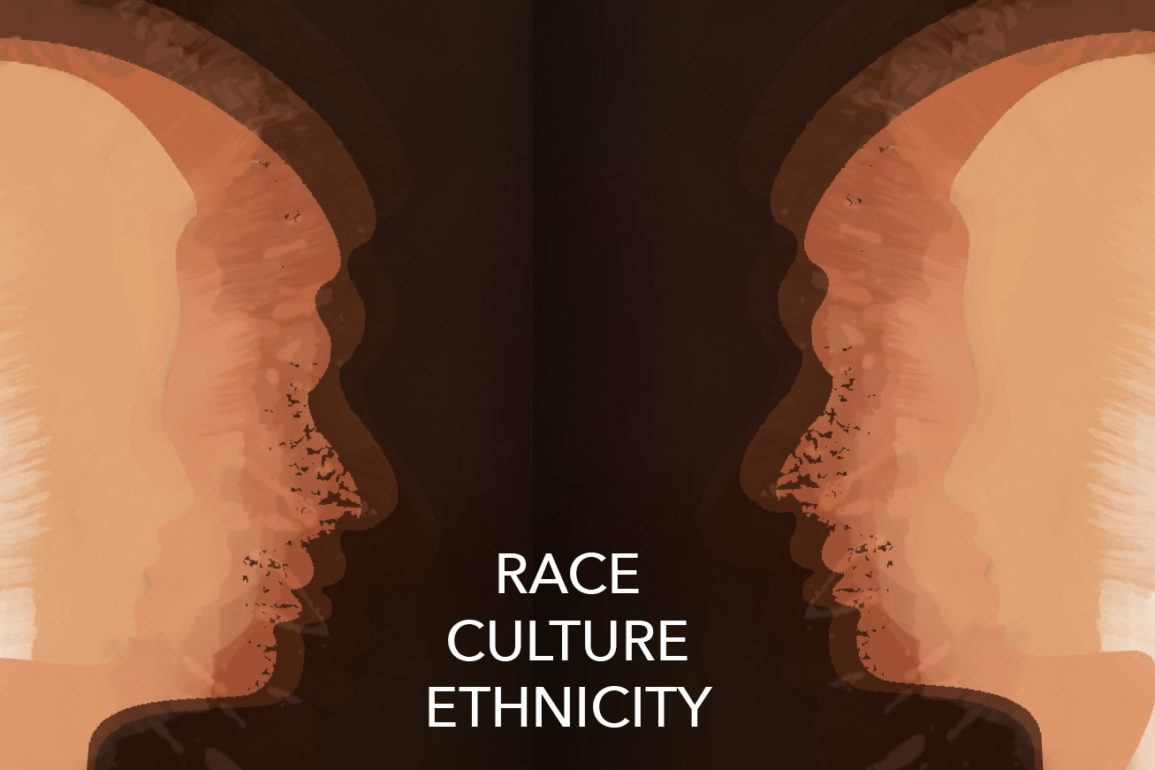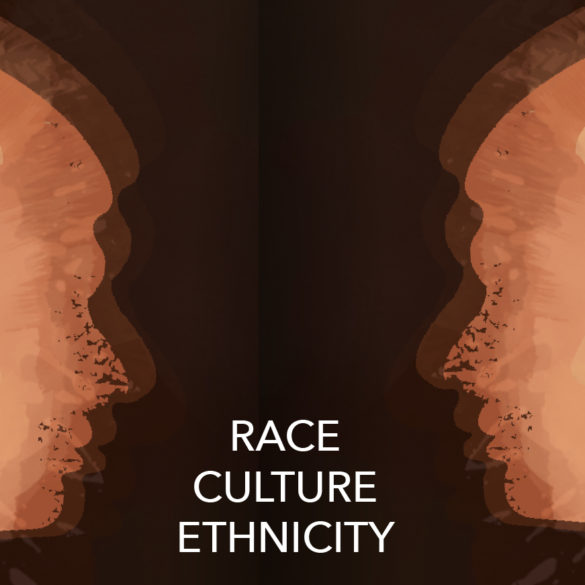College students are igniting a conversation about race relations in America that is being felt across the nation.
Hundreds of students cheered as the University of Missouri’s president announced he would step down from his position. Protests at Yale University over racial insensitivity concerning Halloween costumes soon went viral.
But now the question is: what change can protesters expect to see?
Student protesters from 72 colleges have created formal demands to end racism on their campuses, that were collected by the website The Demands. Among the most common demands from students are requests to increase the diversity of their professors, provide sensitivity training to faculty and students, and to increase funding and resources for multicultural centers on campuses.
Purdue University is the only Indiana school on their list, but that doesn’t mean racial tensions aren’t seen in the Midwest.
Ball State University students tweeted support using hashtags like #BlackOnCampus, #InSolidarityWithMizzou, #InSolidarityWithYale, and #ConcernedStudent1950. Beyond social media, we started talking about why this matters.
Students are talking about the rights they are entitled too, and taking a hard look at diversity on their own campuses. And for white students, this talk of racism brings up topics they may not have been aware of before. My own staff has started discussing how to increase diversity within our magazine.
I haven’t had racist remarks directed to me, like the microexpressions seen by other Ball State students. I haven’t had to worry about being judged based on my skin tone. But countless others have, often in smaller, almost unnoticeable ways.
How people learn about race impacts these perceptions too, as does the role of white privilege.
This week, Ball Bearings looks at how Millennials view race, culture, and ethnicity. One student writes on her experiences as a black student at a predominantly-white university. Iraqi students find a new home on American soil. Representatives from multicultural organizations talk about how different cultures have been appropriated. Prejudices for American-Muslims can interfere with the way they live and work.
What happens next remains to be seen. But I think we can all agree that this conversation will not end anytime soon.
And next, Ball Bearings will explore the role of activism and politics in creating social change.




